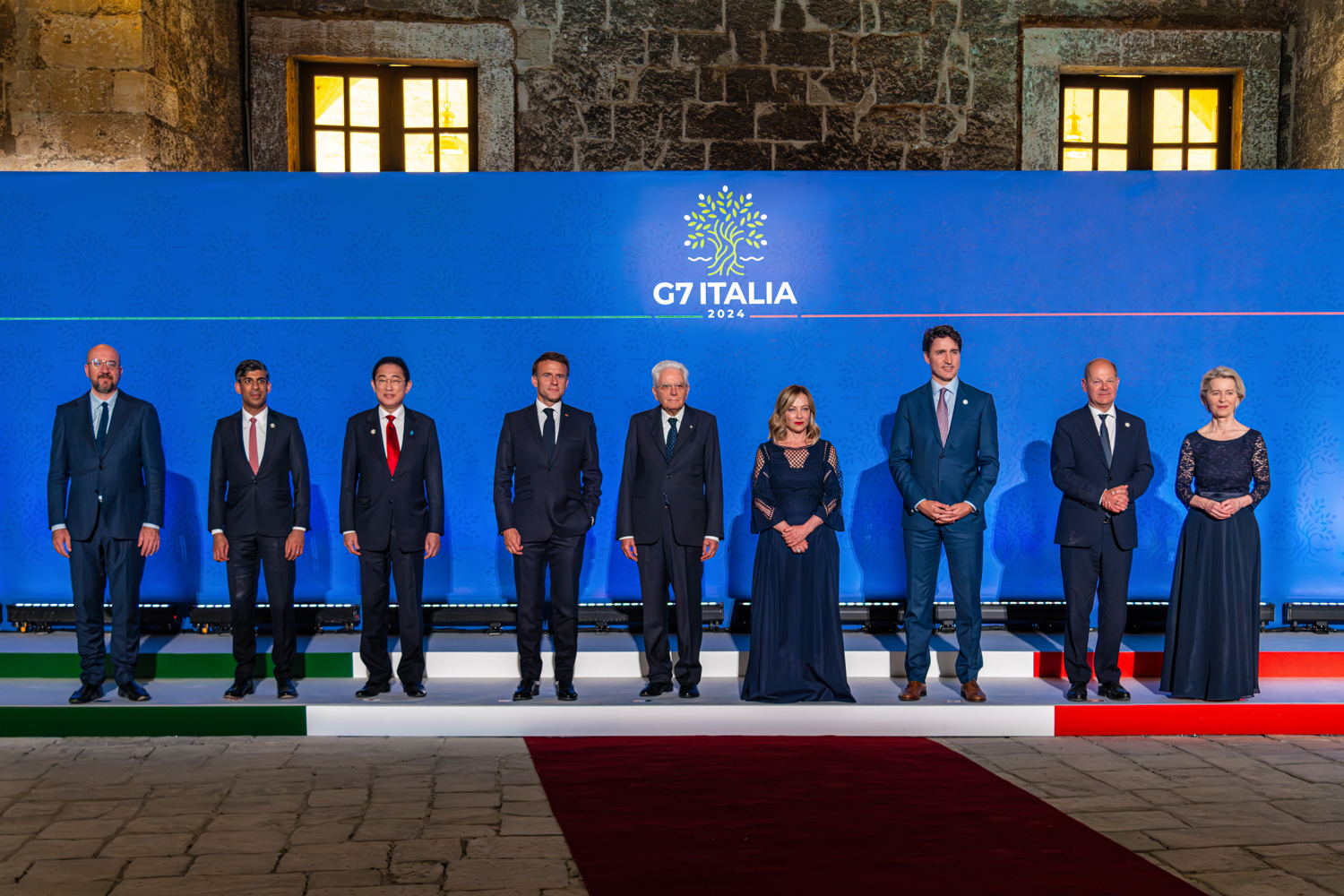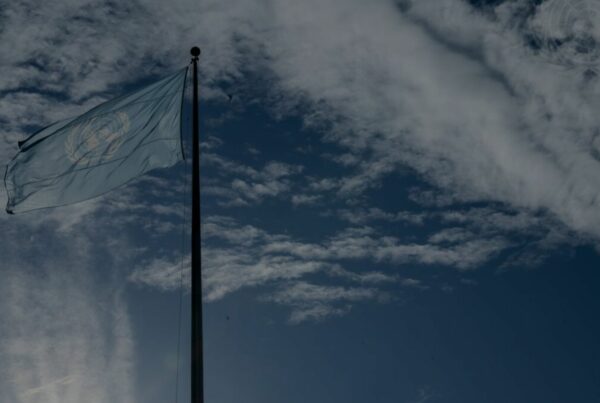Days ahead of the G7 summit UN Secretary General Antonio Gutierrez made a plea to the leaders of the world’s most advanced economies.
“We are playing Russian roulette with our planet…We need maximum ambition, maximum acceleration, maximum cooperation – in a word, maximum action… This is our moment of truth.”
The Secretary General was speaking ahead of a crucial week in climate diplomacy – the second week of UN Climate talks in Bonn and a meeting of the G7.
Outlining how the world was hurtling towards the 1.5C threshold, on track to burn through the entire carbon budget in the next five years, he made an impassioned plea in a message to leaders to take concrete action. He called on all developed countries to double adaptation finance, put an effective price on carbon and tax the windfall profits of the oil and gas majors.
As is so often the case, his rallying cry fell on deaf ears. At the end of two weeks of strained negotiations in Bonn and at the close of the G7 summit, little of substance was agreed.
This year the focus is on coming to an agreement on the next long-term climate finance goal, known as the New Collective Quantified Goal (NCQG). Progress has been painfully slow.
During talks in Bonn negotiators failed to agree even on the very basics – the amount of money needed, who should contribute and who should benefit – let alone detail on how climate finance should actually be raised.
The final proposed text ran to 35 pages that did little more than summarise all the proposals put forward, many of which were completely contradictory. Key issues such as whether loss and damage would be included in a new climate goal have still been left unaddressed.
Developing nations are calling for between $1.1-$1.3 trillion a year in climate finance. Developed countries have so far been unwilling to engage in discussing specific numbers, with the US merely acknowledging the target needs to be “from a floor of $100bn”. Good will is already in short supply as blame and recriminations hamper the chance of any breakthrough.
Negotiators have their work cut out over the next five months if COP29 in Baku is not to be a complete washout.
Meanwhile fossil fuels barely got a look in, despite Gutierrez’s plea. Major producers seem happy to let individual countries move at their own pace. This failure to properly address the main cause of CO2 emissions is as bemusing as it is predictable, and with COP29 taking place in gas-heavy Azerbaijan, nothing is likely to change any time soon.
G7 summit
The G7 leaders summit in Italy failed to move things further forward. Whilst climate change, development finance and Africa were high on the agenda little action was taken to accelerate the response to the climate crisis.
Gutierrez had warned leaders of the G7 that “Our international financial architecture is outdated, dysfunctional and unfair… The rich are over-represented; the poor are under served… It needs reform so that it better represents developing countries and responds to their needs.”
His call reflects a concerted push by African leaders in the last week for meaningful action on finance. In an open letter, 49 MPs from across the continent called on the G7 “to recognise Africa’s urgent need for financial support to fight the climate crisis and to tap into its abundant renewable energy potential”.
They highlighted the fact that Africa received less than 1% of the half-a-trillion dollars invested globally in renewables in 2022, and pointed to high capital costs for clean energy projects that are seven times higher than in other regions. Specifically, they called on the G7 to consider debt forgiveness and restructuring, to assist with reforming a global financial architecture that burdens African nations, and to deliver on climate and finance commitments already made.
Separately, Zambian President Hakainde Hichilema called for the G7 to replenish the resources of the International Development Association, the World Bank’s fund for the lowest income countries, contributions to which have been declining for more than a decade. He also called for leaders to back so-called hybrid capital schemes that can help unlock hundreds of billions of dollars in International Monetary Fund financing. Finally, he called for expanding the use of pause clauses to help with mounting levels of debt across the continent.
Despite these calls, leaders of the G7 failed to announce any new climate finance. Italian Prime Minister Giorgia Meloni, buoyed by her party’s strong showing in the recent European elections, had a strong domestic agenda to push – the so-called Mattei Plan. A key tenet is to turn Italy into a bridge to distribute gas from Africa to the rest of Europe.
The lack of progress during the Bonn talks and the G7 summit means leaders and negotiators will have huge diplomatic bridges to build between now and COP29 in Baku.




